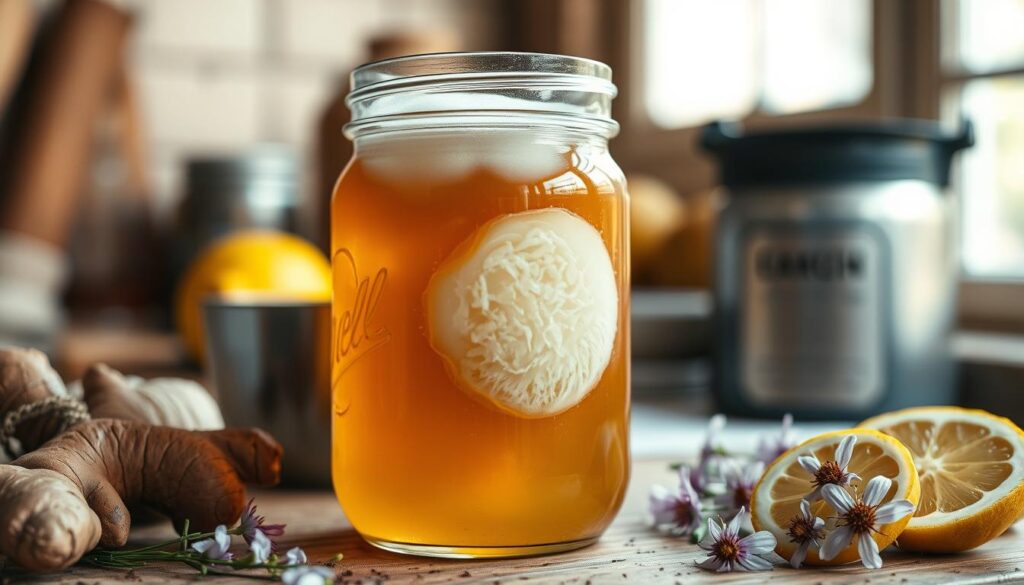
Sipping the Fermented Fizz: Unraveling the Best Time to Guzzle Your Kombucha
- Oct 17, 2025
Kombucha - the bubbly brew that's taken over every hipster café and Instagram wellness page. Supposedly it's the health elixir we've all been searching for, but when it comes to the best time to drink it, opinions vary as much as your favorite yoga poses. Here's the down-low: there's no definitive answer, so relax, no need to set the alarm for an absurdly precise kombucha o'clock moment.
Let's go into it. Some kombucha knights swear by an early morning swig. With its caffeine kick, it supposedly serves as a wake-me-up potion. Others argue that pairing a kombucha with your smoked salmon salad or quinoa power bowl aids digestion. Can the probiotics, prebiotics, antioxidants, and vitamins in kombucha nurture your gut microbes? The jury's still out on that one - we need more human trials (there's a shortage of volunteers to study their poop, apparently).
Some folks might tell you to chug the bittersweet tea on an empty stomach, claiming better nutrient absorption. While there's no concrete evidence backing this up, you might want to go with it if your gut rebels against any fraternization between food and kombucha.
There's consensus, however, on one thing: drink kombucha when it feels best for you. After all, you're the master of your own gut. Maybe a certain time of day makes your digestive system and lifestyle sing in unison - that's your kombucha happy hour.
A crash-course on kombucha for the uninitiated: it's a sparkling fermented beverage tracing its roots to China, believed to support digestion, heal hemorrhoids, and act as a diuretic. Its preparation involves fermenting tea, sugar, and probiotic organisms (SCOBY) for a few weeks. From green tea to black tea, there's a brew out there for every parched palate.
Kombucha's nutritive profile is as unique as its taste. Antioxidant, anti-inflammatory, and antimicrobial properties of the nutrients make it a potential health ally. While animal studies suggest many health benefits, more human trials are needed (seriously, we need more poop donors). While generally safe, some people may need to tread with caution while chugging this fermented brew.






